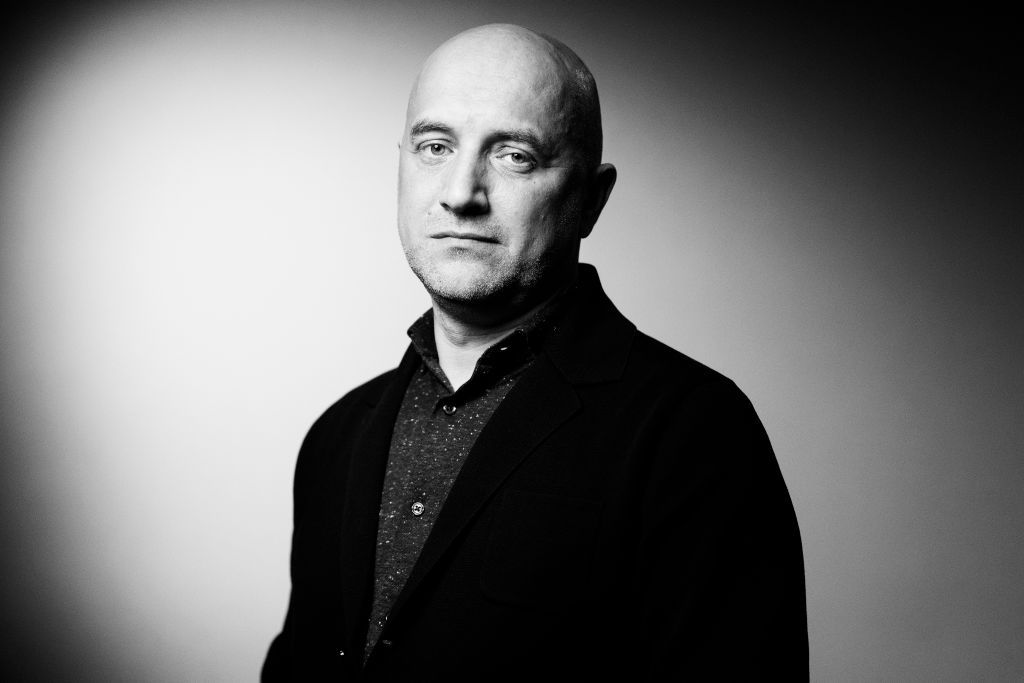A court in Moscow sentenced Alexander Permyakov to life in prison for a car bomb attack in May 2023 that seriously wounded Russian pro-war writer Zakhar Prilepin. Permyakov, who has both Ukrainian and Russian citizenship, was accused of acting on behalf of Kyiv with the support of the U.S. Prilepin, sanctioned in 2022 for supporting Russia’s invasion of Ukraine, joined Russia’s National Guard to fight against Ukraine in 2023. The car bomb attack in Nizhny Novgorod resulted in Prilepin’s serious injuries and the death of his driver. Russian media claimed Permyakov confessed to the attack and alleged he was recruited by the Security Service of Ukraine, but there is no independent verification of this confession due to Russia’s lack of transparency in its legal system and history of human rights abuses.
Several Russian propagandists, proxy officials, and pro-war figures have been targeted for alleged assassinations, with some being successful in both Ukraine and Russia. In April 2023, a cafe explosion in St. Petersburg killed Russian propagandist Vladlen Tatarsky and injured others. Hennadii Matsehora, the former mayor of Kupiansk in northeast Ukraine, was targeted in a separate assassination attempt on June 7 in Stary Oskol, Belgorod Oblast. Details about the incident were not disclosed, indicating a trend of violence against individuals associated with the conflict in Ukraine.
The killing of individuals involved in the conflict reflects the ongoing tension and violence in the region, with ties to Russia’s invasion of Ukraine. The use of car bombs and other violent tactics highlights the danger faced by those on both sides of the conflict. The involvement of multiple parties, including security services and partisan groups, adds complexity to the situation and raises questions about accountability and responsibility for these attacks. The lack of confirmation or denial of involvement from official sources, such as the SBU, further complicates efforts to determine the true perpetrators behind these acts of violence.
The targeting of individuals like Zakhar Prilepin and Vladlen Tatarsky, who have been vocal supporters of Russia’s invasion of Ukraine, reflects the risks associated with taking a public stance on such controversial and violent conflicts. The use of violence to silence dissent or opposition underscores the challenges faced by those who speak out against prevailing narratives or ideologies in the region. The impact of these attacks extends beyond the individuals targeted to their families, colleagues, and communities, heightening fear and insecurity in an already volatile environment.
The international community’s response to these incidents, including sanctions and condemnations, adds another layer of complexity to the situation. The involvement of multiple countries and security services in the conflict underscores the need for a coordinated and diplomatic approach to addressing the root causes of the violence. Calls for justice and accountability for these attacks must be balanced with efforts to de-escalate tensions and promote dialogue and reconciliation among all parties involved. The tragic consequences of these targeted attacks serve as a sobering reminder of the human cost of war and conflict in the region.
Moving forward, efforts to promote peace, dialogue, and reconciliation in Ukraine and the wider region are crucial to preventing further violence and suffering. The targeting of individuals, such as Zakhar Prilepin and Vladlen Tatarsky, underscores the urgent need for a comprehensive and inclusive approach to addressing the underlying grievances and tensions fueling the conflict. International support and cooperation will be essential in achieving lasting peace and stability in Ukraine and ensuring justice for those who have been affected by the violence and instability in the region.















